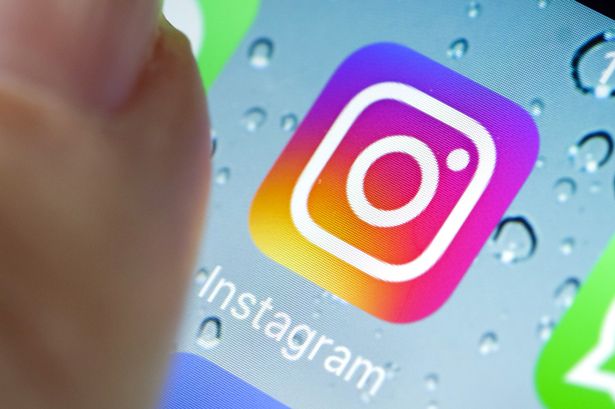Instagram likes play a pivotal role in the landscape of influencer marketing, acting as both a metric of engagement and a form of social validation. As brands increasingly turn to social media influencers to promote their products and services, understanding the dynamics of Instagram likes becomes crucial in shaping effective marketing strategies. Likes serve as a tangible representation of audience engagement, and higher numbers can enhance an influencer’s perceived credibility and appeal. This phenomenon often leads brands to prioritize influencers with substantial like counts, assuming that these numbers correlate with greater reach and influence over potential customers. The psychology behind likes is also significant. When users see a post with numerous likes, it creates a bandwagon effect, making the content seem more appealing and trustworthy. This social proof can enhance the influencer’s authority in a specific niche, which is why brands often seek partnerships with influencers who have not only a high number of likes but also a dedicated following.

In this context, an influencer’s like count can be a more compelling factor than follower numbers alone, as it reflects active engagement rather than passive consumption and know Wo deutsche Instagram likes kaufen. Brands, therefore, leverage influencers with high engagement rates to craft narratives that resonate with audiences, ultimately driving higher conversion rates. However, the reliance on likes can lead to complications in influencer marketing strategies. As algorithms evolve, the visibility of posts has become less predictable, and many influencers find themselves facing fluctuating like counts. This unpredictability can affect brand partnerships, as companies might reassess their associations based on an influencer’s performance metrics. Furthermore, the rise of like fraud, where influencers artificially inflate their like counts through purchasing likes or using bots, has prompted brands to adopt a more analytical approach when assessing an influencer’s effectiveness. Instead of merely looking at likes, brands are increasingly evaluating engagement quality, audience demographics, and content relevance to ensure their marketing strategies yield genuine results.
Moreover, the cultural context of Instagram likes is changing. While likes have historically been a primary metric for success on the platform, recent shifts have led to a growing focus on comments, shares, and saved posts as more meaningful indicators of engagement. Brands are recognizing that an influencer’s ability to foster a dialogue with their audience can be more valuable than mere likes, as it reflects a deeper connection and potential for brand loyalty. While they provide immediate insights into audience engagement and serve as a form of social proof, the evolving landscape of social media necessitates a more nuanced understanding of what these metrics represent. Brands must adapt by considering engagement quality and fostering authentic relationships with influencers, ensuring that their marketing efforts translate into genuine connections with their target audiences. As the dynamics of social media continue to evolve, the role of Instagram likes will undoubtedly adapt, but their significance in shaping influencer marketing strategies is likely to endure.